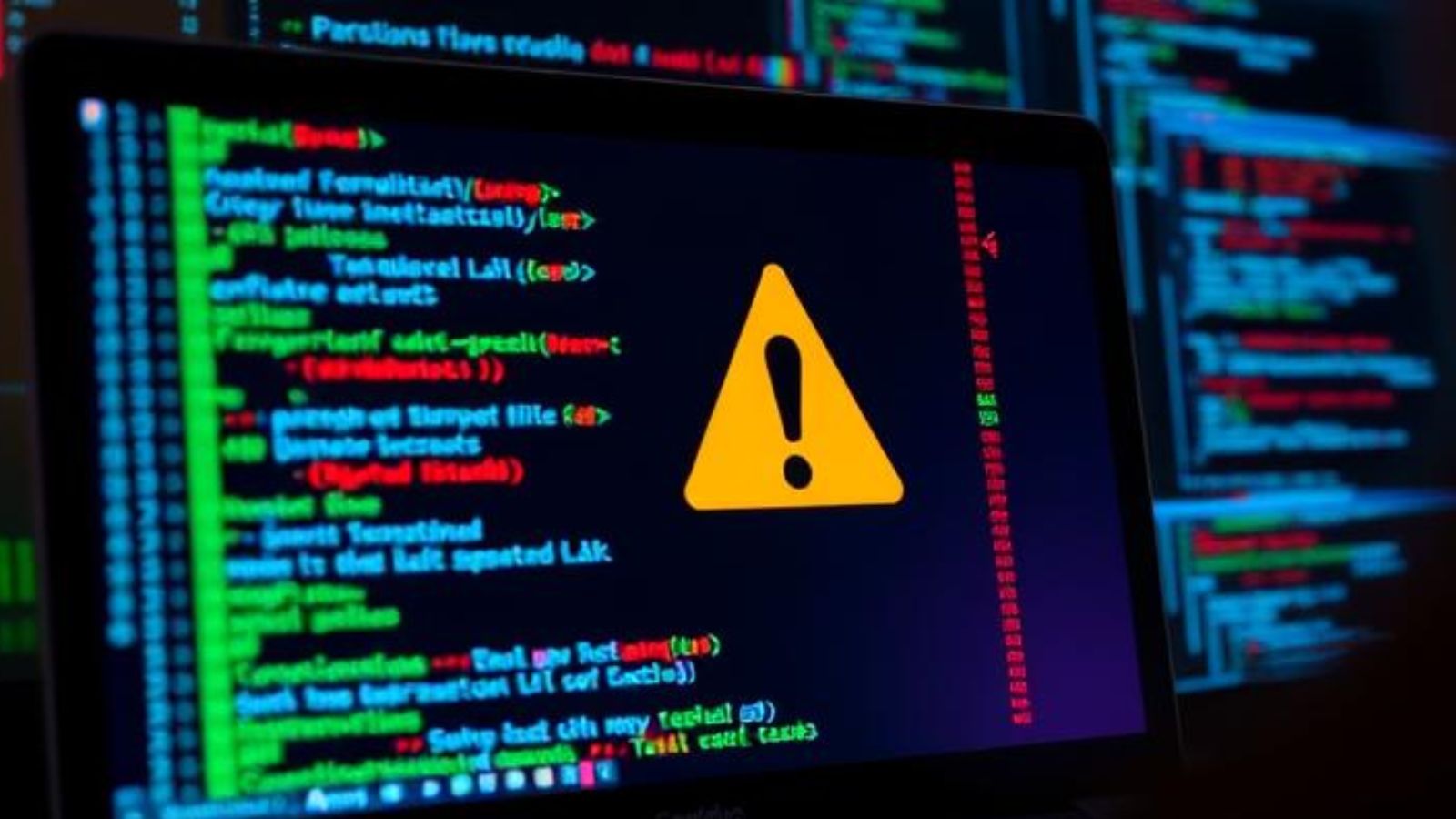
Japan’s Political Unrest Delays the Cyber Defense Legislation
- Japan’s much-anticipated cybersecurity bill that aims to defend the country against cyberattacks has been pushed back due to political reasons.
- The bill sparked debates concerning individual privacy rights, as it also proposed actively monitoring communications.
- The Liberal Democratic Party seeks support from the opposition to advance critical bills at the moment.
Japan's efforts to bolster its cybersecurity framework have encountered significant obstacles following recent political upheavals. The much-anticipated cybersecurity bill, initially slated for introduction in fall 2024, faces delays due to the recent change in Japan's leadership and the ruling Liberal Democratic Party's (LDP) electoral setbacks.
This legislative proposal aims to enhance Japan's capabilities in defending against cyberattacks through "active cyber defense" measures, including monitoring and counteracting threats with potential offensive tactics like deploying computer viruses.
Despite its intentions, the bill has sparked debate over privacy concerns, particularly in relation to Japan's constitutional protections of communication secrecy. Critics argue that the active monitoring of communications could infringe on individual privacy rights.
The legislative process stalled as former Prime Minister Fumio Kishida exited office, leaving the new Prime Minister, Shigeru Ishiba, to contend with a divided political landscape.
The LDP-Komeito coalition, now lacking a majority, is seeking support from opposition parties to advance critical bills, including the cybersecurity initiative. However, the immediate focus remains on passing the fiscal 2024 supplementary budget.
Amid these challenges, Japan continues to witness a surge in cybercrimes, ranging from cyberbullying to ransomware attacks, underscoring the urgent need for robust cybersecurity measures. Recent incidents, such as the data breach at Recruit Co., Ltd. and Casio, highlight vulnerabilities in corporate cybersecurity practices.
In response to escalating threats, the Japanese government is exploring mandatory reporting requirements for cyber incidents affecting critical infrastructure sectors. This move aims to enhance transparency and foster a proactive cybersecurity culture.
By designating 15 sectors as critical infrastructure and seeking a coordinated approach, Japan endeavors to strengthen its digital defenses and safeguard its economy and citizens. However, the fate of the cybersecurity bill remains uncertain.
Balancing effective defense with constitutional privacy rights poses a significant challenge. The government's ability to unite political factions and address public concerns will be pivotal as it plans to reintroduce the bill in 2025.
Recently, a sophisticated phishing kit called Xiū gǒu was seen using fake websites to target various sectors, including public services, postal, digital platforms, and banking in the U.S., Australia, the U.K., Japan, and Spain.












